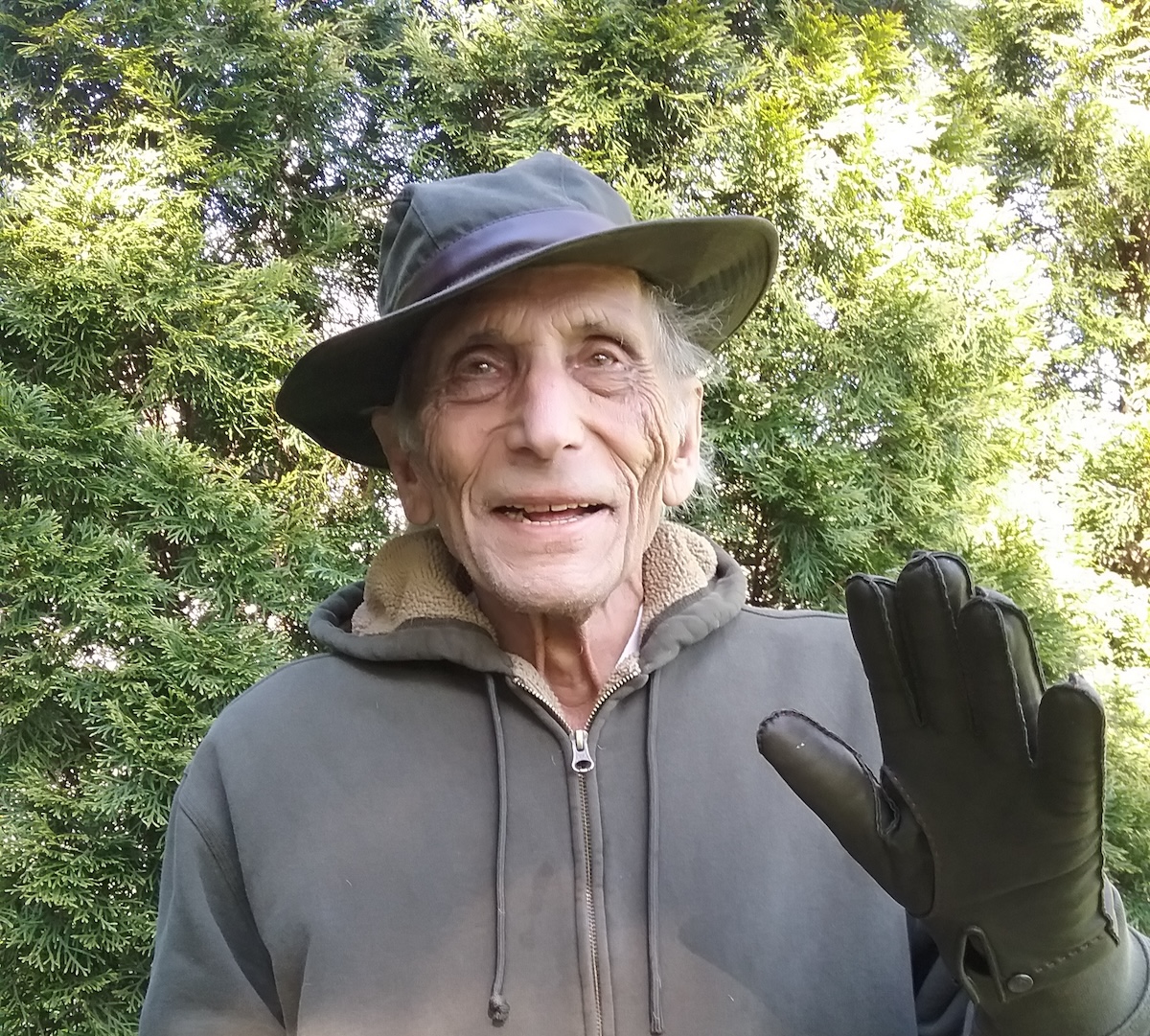
Professor Emeritus Abraham Lerman passed away on 06 October, 2025
October 12, 2025
Abraham Lerman (1935−2025)
The Department mourns the loss of Emeritus Professor Abraham Lerman who died peacefully at home on Monday, 06 October, a few weeks short of this 90th birthday.
Abe, as he was universally known to his colleagues, students and friends, was born in the Jewish community of the city of Harbin, then an essentially Russian town in the center of the Chinese province of Manchuria, at the time under Japanese occupation. No wonder Abe was proficient in so many languages, written in so many alphabets!
His family emigrated to Israel in the early 1950s, where Abe attended the Hebrew University in Jerusalem, graduating in 1960 with an M.S. degree in Geology and minors in Mineralogy and Zoology. He pursued his studies at Harvard, where he obtained his Ph.D. in Geology in 1964.
After brief stints on the Faculty of Johns Hopkins and the University of Illinois at Chicago, Abe was a Visiting, later Senior, Scientist at the Weizmann Institute in Rehovot and in 1969 moved to a position of Research Scientist at the Canada Centre for Inland Waters in Burlington, Ontario. He joined our Department in 1971 as Associate Professor, becoming Full Professor in 1975, serving as Chair of the Department from 1995 to 2001, before retiring under Emeritus status in 2012. He also held many visiting appointments at ETH in Zürich, the Universities of Strasbourg and Karlsruhe, and the Institute for Advanced studies in Berlin.
Abe Lerman’s research was primarily devoted to global geochemical cycles, notably of elements like carbon, phosphorous, sulfur and nitrogen, which bear significant implications upon the evolution of Life on our planet, but at the same time have been strongly affected by anthropogenic activity, rendering the modeling of their cycles an intricate, highly non-linear problem.
"It is impossible to be a PhD student in geochemistry without studying the work of Dr. Abraham Lerman", shares a current graduate student in the department. "Conducting research in the same department where Lerman, Fred Mackenzie, and Bob Garrels published foundational work in modern geochemistry is a great honor."
Abe Lerman also stands as a pioneer in the study of lakes, and in particular of water-sediment interactions. He wrote or edited several monographs on the subject, one of them later translated into Japanese.
However, Abe’s research interests covered a much broader range, starting with his M.S., thesis published as a 60-page monograph on the pelecypods of Southern Israel, while his latest works modeled the atmosphere of Titan, Saturn’s largest moon, following the Huygens landing in 2006, and written well after his retirement, when he was still supervising a graduate student.
Abe was recognized with the Grader Memorial Award of the Israel Geological Society, election as a Fellow of the Geological Society of America, and a Guggenheim Fellowship.
As a teacher, a former Teaching Assistant recalls Abe as "demanding of students in the classroom, but easy on the grades". He was known for his famous, if eclectic, class on "Earth and Life in Science and Art" which his syllabus described as "bring[ing] out the common features and the major differences between scientific and artistic views of Nature’s environmental problems".
The writer of these lines feels privileged to have been for 28 years Abe’s office neighbor in our beloved, if admittedly somewhat decrepit, Locy Hall at the Southern edge of our campus. As such, I enjoyed enlightening conversations on just about any topic, and of course immediate on-the-fly answers to such questions as "How many atoms of phosphorous are there in the solar system?", as well as help in translating, not to mention reading, obscure references occasionally written in alphabets as challenging as German Fraktur. A few months before his death, I was traveling in Central Asia and became intrigued by the fact that Lake Yssyk-Kul had no natural outflow. I reached out to Abe, who answered overnight with a possible model of leakage into a large regional aquifer. Of course, I enjoyed reversing the favor when Abe regularly challenged me with arcane questions of French grammar, for which I often had to consult elaborate hand- books to properly answer.
Thank you Abe, for sharing your rich personality and encyclopaedic culture; the Department will be poorer from your loss.
Emile A. Okal
October 2025
